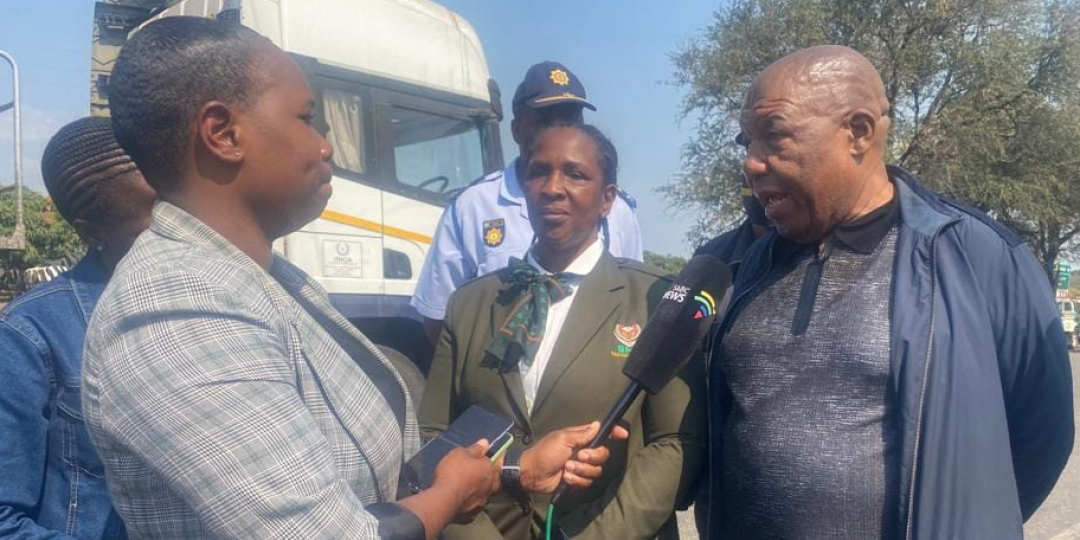Drivers violating “the rules of the road will have their trucks impounded and face possible fines of about R8000”, Mpumalanga’s Department of Safety, Security and Liaison (DCSSL) has decided during a meeting at South Africa’s N4 border crossing with Mozambique.
It has also emerged from the meeting attended by the department’s MEC, Vusi Shongwe, that the “government will look into the urgent establishment of a truck stop in order to alleviate congestion and enhance the smooth flow of traffic.”
It was furthermore decided that, with immediate effect from this morning, August 16, “there will be a night shift (of border officials and law enforcers) which will consist of provincial traffic law enforcement, the Border Management Authority and the police.”
A statement issued by the DCSSL said: “This pilot project will be in place for two weeks.”
Private sector stakeholders from Komatipoort, who for months have advocated for something to be done about the crush of ore trucks bottlenecking at the border towards the Port of Maputo, have welcomed the news.
Many though, disillusioned by futile attempts in the recent past to decongest the border through government intervention, have mixed feelings about the meeting's outcome.
A local business leader said: “We haven’t seen traffic police working after hours yet, but I suppose it will take some time for this to be implemented.”
He added that it’s “a bit of a joke” that increased personnel will be deployed for two weeks, but that a change in driver behaviour will hopefully result once arrests are being made and trucks impounded.
The visit by Shongwe and fellow departmental delegates followed after a recent meeting was called for by taxi marshals in Komatipoort.
At the meeting on August 3, attended by provincial traffic chief John Nkuna, the marshals made it clear that they want to withdraw from doing the work of traffic officers – controlling the queue, especially at night when enforcement becomes virtually non-existent.
Nkuna said he would look into it although his department doesn’t have the funds to pay personnel overtime.
An overtime stint in June apparently cost R2.3 million and had to be cross-subsidised because of the department’s budgetary constraints.
The latest measure to bring order to the chaotic crossing “will be reviewed in September to determine whether it is effective or not”, the DCSSL said.
“The MEC promised to look for more budget in order to fund the night shift while the province is working on a plan to introduce a third shift for traffic officers.”













